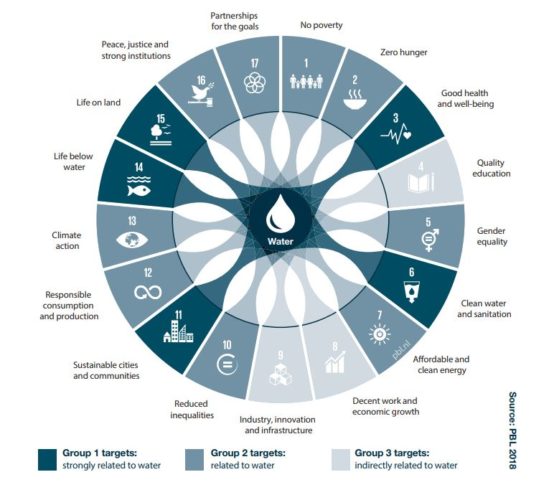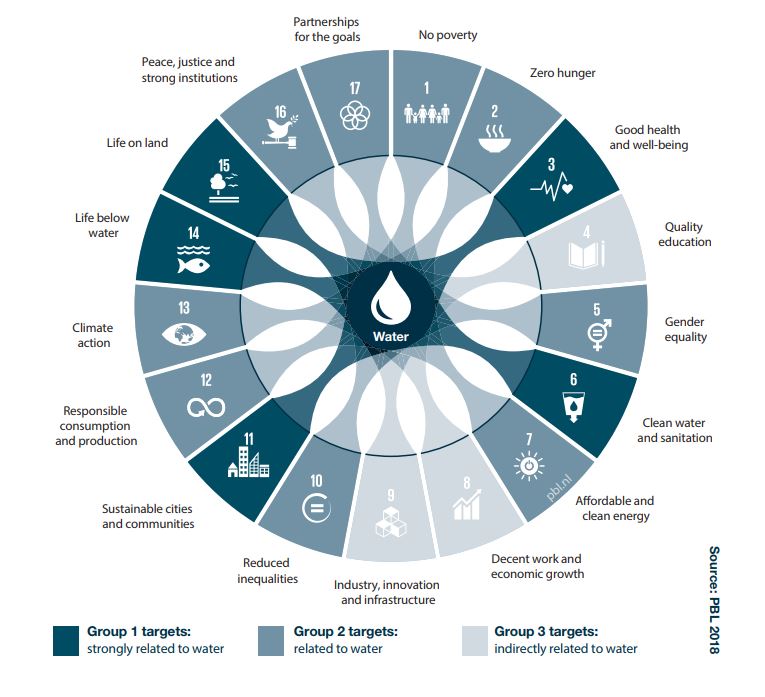In her spring report to the federal government, Commissioner of the Environment and Sustainable Development, Julie Gelfand has concluded that the federal government must establish an implementation and benchmarking plan if it is serious about meeting commitments to the 2030 Agenda and the UN Sustainable Development Goals (SDGs).
The report stated, “We concluded that the Government of Canada […] was not adequately prepared to implement the United Nations’ 2030 Agenda for Sustainable Development. The Government of Canada made a clear commitment to implement the 2030 Agenda and took some action at the departmental level. However, at the end of our audit, there was no governance structure and limited national consultation and engagement on the 2030 Agenda. There was no implementation plan with a system to measure, monitor, and report on progress nationally.”
The report noted that Statistics Canada had developed a data framework to measure results on the 232 global indicators. However, results were not available because the data had not yet been compiled.
In September 2015, the 193 member states of the General Assembly of the United Nations, including Canada, unanimously adopted the resolution “Transforming our world: the 2030 Agenda for Sustainable Development.” The 2030 Agenda contains 17 aspirational goals for achieving social, economic, and environmental sustainable development worldwide. These sustainable development goals aim, for example, to eradicate global poverty, achieve gender equality, foster economic growth, protect the environment, and build effective, accountable, and transparent institutions. The federal government’s commitment is to be upheld by multiple federal offices and ministries, mainly Employment and Social Development Canada, Environment and Climate Change Canada, Global Affairs Canada, Indigenous and Northern Affairs Canada, Status of Women Canada, and the Privy Council Office.

Ministers Catherine McKenna, Marie-Claude Bibeau Dominic LeBlanc, issued the following statement in response to the tabling of the Spring 2018 Reports of the Commissioner of the Environment and Sustainable Development:
“The Government of Canada takes its social, economic, and environmental responsibilities seriously, and we believe that a clean environment and a strong economy—one that leaves no one behind—are essential for peaceful, inclusive, and prosperous societies.”
Green Party leader Elizabeth May responded to the report by saying, “We should follow Germany, which created a sustainable development strategy for implementing the United Nations’ 2030 Agenda for Sustainable Development. Not to mention the Swiss who have integrated the UN’s 17 sustainable development goals into nine key action areas. In other words, we know it’s possible.”
On June 20 water and business experts will discuss how Canadian technologies can help accelerate efforts to achieve the water SDGs abroad at the Canadian Water Summit in Vancouver. In the next issue of Water Canada magazine, we will explore this issue.









